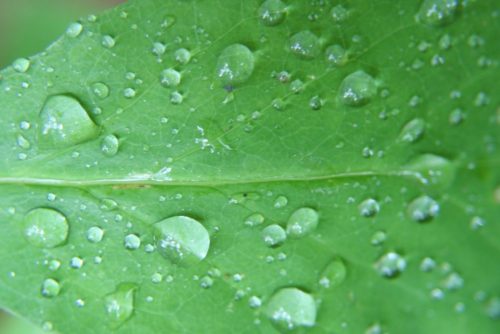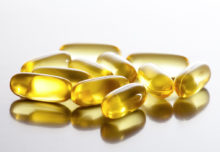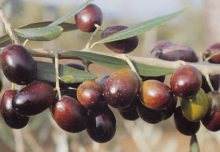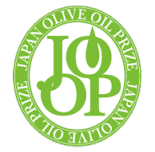
Recently somebody asked me: if you only had one word to describe your oil, which one would you choose? How would you define your oil? What word stands out from the others when you are describing it? What is the quality that you would say, above all others, important as they all are?
An unexpected question and the first time I had been asked it. I had never thought that there could be one, most important element, one adjective that rose about the others. I always thought of the oil that we produce at I SERGENTI as being a complex creature, with numerous different characteristics. Just like a person!
In the past, I might have answered with some standard, widely used terms. I might have tried to explain the many qualities of our oil using the traditional terminology of tasting and nutrition. In previous articles, I have written about the many beneficial properties of extra virgin olive oil, about its organoleptic qualities, about how to taste it and how to look after it. I still have lots more to write about that, more about how to get the most from an olive plant, more to learn from the love that we have for this job. Classic terminology can be used by most producers of high quality oil. It is part of a well-established vocabulary.
But, there is something that we do differently from the others. It is something that makes our oil special, unique and unequalled. It is time management. We were the first to insert into our production a maximum time, six (6) hours, between olive harvesting and pressing.
You see, farmers used to go to press their oil just once a week. In the meantime, they stored their olives in airy barns, spread out across the floor as thinly as possible. This was done in an attempt to limit overheating of the olives, which is a direct result of fermentation. Unfortunately, this bad habit is still widely used; still considered normal. We often see olives being pressed two or three days after they were picked.
When any fruit is picked from the tree, we break the link between the fruit and the plant that formed it. This signals the start of its decay and fermentation. A mass of olives stocked together in a container starts fermenting and heating up. Unless we intervene, it starts rotting. This process cannot be inverted. It is nature. It starts exactly in the moment that we pick the olive from its tree. So, limiting the time between picking and pressing the oil is hugely important if we want to avoid one common defect in oil: heating. This defect spoils the oil. It makes it unworthy of the title “extra virgin”.
When the oil has no trace of heating, it is an extra virgin oil. When it is produced just a few hours after the picking, it is a fresh, super fresh extra virgin oil. Like ours.
So what is the one word that I would use above all others to define our trademark IL TRADIZIONALE oil? The answer is FRESH. The freshest oil in the world!








